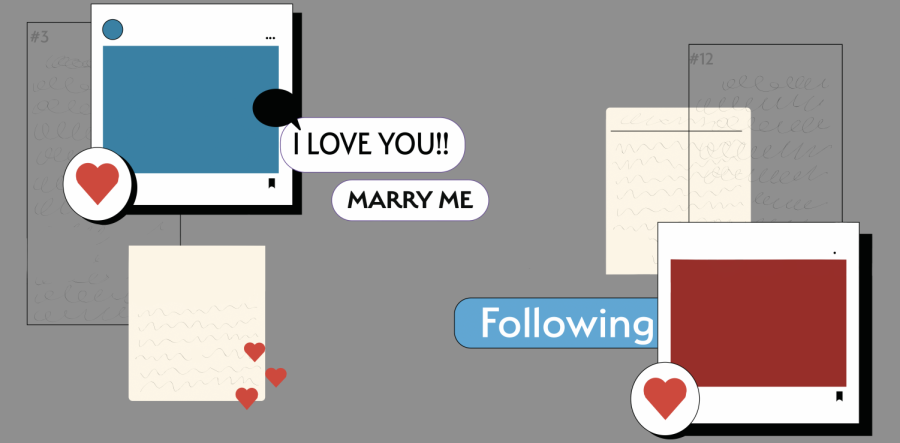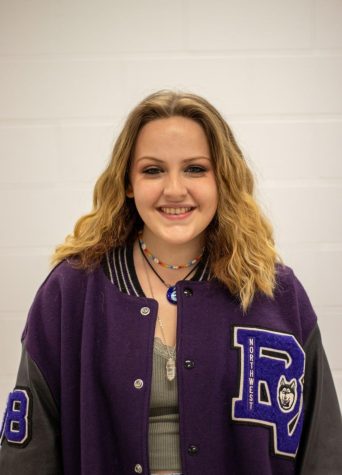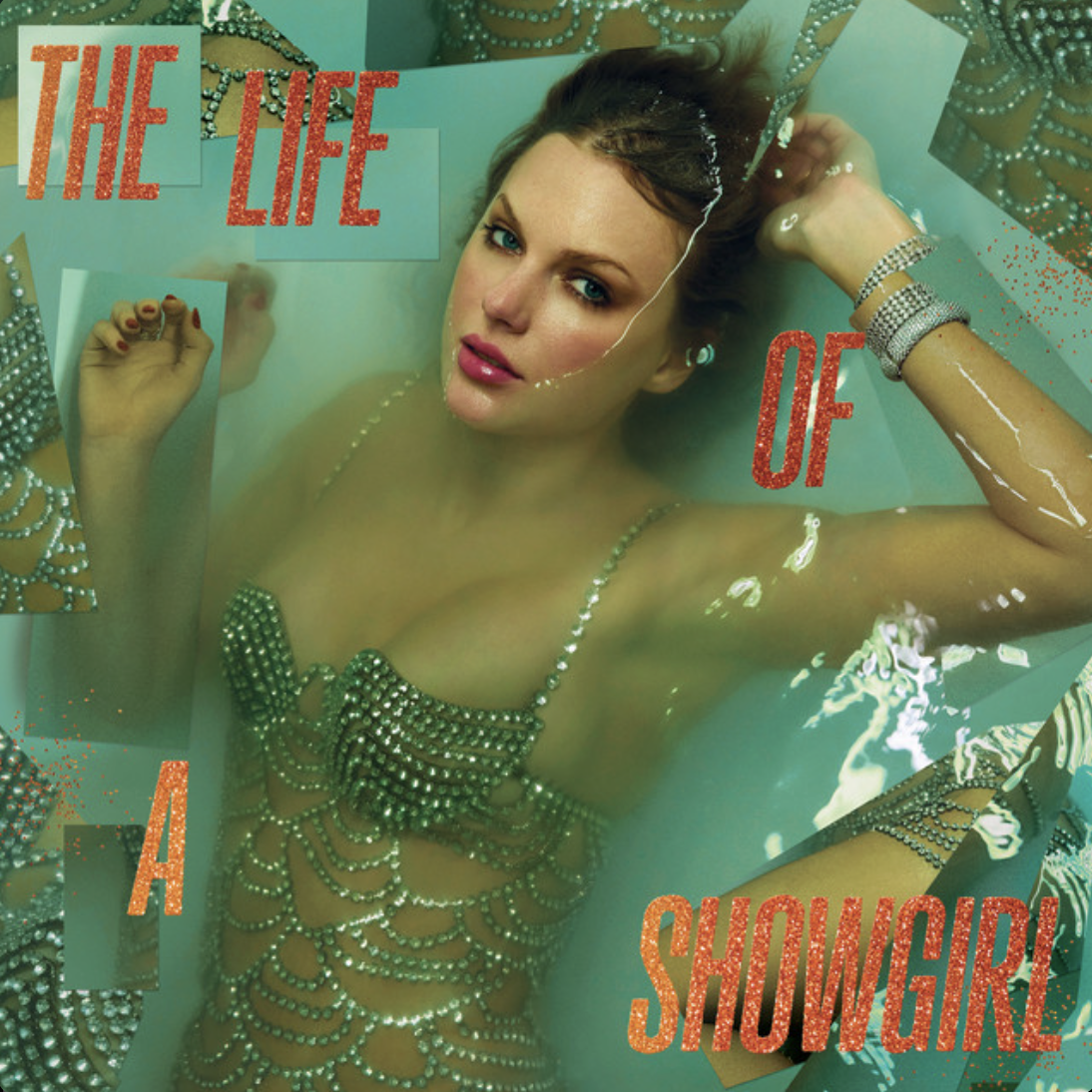Your fandom is making you sick
Digital illustration depicting the toxicity that can come with fandoms and social media.
December 19, 2022
I enjoy being a part of an online fan culture, seeing different cosplayers’ takes on certain characters and reading fan theories. Enjoying media is fun and being a part of a community that enjoys it as well makes it even better. But how much is too much?
Last summer, I could not scroll through any form of social media without being bombarded with another awful remix of “Chrissy Wake Up.” That certain line, used in season four of “Stranger Things,” was constantly remixed and used all over TikTok the summer after the season came out. This line was a reaction to another character being brutally murdered by the season’s main antagonist. Most of the content, including those horrible remixes, centered around Eddie Munson, a supporting character who was introduced and then (spoiler alert!) promptly killed off in the same season. This obsession with someone so inconsequential to the entirety of the show is mildly concerning and evidence of parasocial relationships being formed.
The term “parasocial relationship” was developed in 1956 and defined by the National Library of Medicine as “symbolic, one-sided social ties that individuals imagine with media figures and celebrities.”
These one-sided relationships are not always harmful but can become harmful when left unchecked. Unhealthy parasocial relationships can interfere with real-life relationships, especially when supplemented for real-life interactions. According to Medical Health Today, they can contribute to anxiety, loneliness and self isolation. The National Library of Medicine has also linked unhealthy parasocial relationships with materialism and depression.
These one-sided relationships are not exclusive to “Stranger Things” fan culture; they are present everywhere online and they can have fatal results.
Christina Grimmie, a pop singer, was murdered after a concert by a fan who, according to Time Magazine, had an unhealthy infatuation with Grimmie.
Grimmie’s murder was not the first, nor the last, parasocial relationship to end in tragedy. Selena Quintanilla, a Latina singer, was also murdered by the president of her own fan club.
While these one-sided ties can grow to be toxic, not every parasocial relationship ends in murder. There is nothing wrong with enjoying a character, cosplaying as them, or even spinning wild fan theories based on circumstantial evidence. That is the fun part of being in a fandom. However, there is something wrong with being so overly obsessed with a fictional character or celebrity that you form an unhealthy and toxic obsession with them.
Fans of “Stranger Things” were creating parasocial relationships with Eddie, spinning their own tales of the character and his impact on the rest of the cast. For example, Sapphire, a musician and creator on TikTok, wrote a song about the reaction to Eddie’s untimely death. She inserted herself into the song as a narrator and detailed the other character’s reactions through her eyes. She said she wrote the song for Eddie. The song sounds like it was written for a real person who died tragically, not a fictional character that never existed.
Fake relationships like these, when controlled, are not a big deal. They might seem cringey or embarrassing, but they have the potential to be beneficial for your mental health. Parasocial relationships are actually very common with 51 percent of Americans having been in a parasocial relationship according to a study by Thriveworks. Healthy parasocial relationships can be a coping mechanism, according to the National Library of Medicine. Additionally, they can help people develop autonomy and independence through embodying the positive traits the character displays.
While parasocial relationships have mental health benefits, they clearly can become dangerous for both sides. Social media and cinema are not reflections of real life, and they should not be treated as such. Interactions with real people cannot be replaced with emotional ties to a person or character you can never truly know. Parasocial relationships can be beneficial, but remember to ask yourself: “How much is too much?”








Robert • Jun 14, 2023 at 12:27 pm
My fandom as you call it, is not what makes me sick, What truly makes a me sick, it the people who have taken over my fandom.